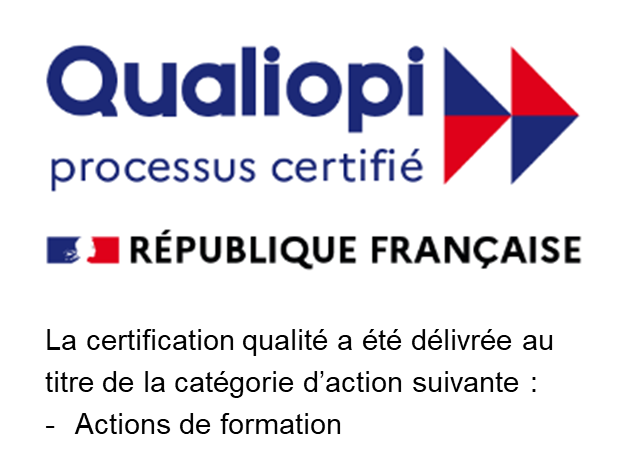Stéphane Seyler, Major International Projects Manager at Bouygues Construction Expertises Nucleaires, is currently based in Heidelberg, Germany and has over 25 years of experience living and working abroad.Stéphane is a French national that grew up in Strasbourg (FR) near the German border. Stephane was raised with a strong background in German culture from his grandparents during childhood. Stephane speaks fluent English, German and French, and is very comfortable with German people and their culture. As a result, he easily adjusted to life in Heidelberg after his relocation from Cairo last year in November 2022.
In his current role, Stéphane manages a group of approximately 15 German nationals and was offered the opportunity to participate in a NetExpat Intercultural Training entitled “Working with the Germans”. Initially, Stephane was not sure that he needed to participate in such a training as he believed he had a thorough knowledge of the country culture and how to manage German team members. However, due to his experience in various countries and cultures, he was also looking forward to learning more about the German culture and about how he perceived himself in this Culture. What he underestimated was the impact such a training could have on the overall success of his team.
Why were you hesitant to take the intercultural training being offered to you?
While I work for a French company, I am extremely comfortable with German people and the culture since I grew up in a German environment (TV, Cartoons, Alsatian dialect, etc..), German is almost like my mother tongue for daily business, I even think in German, no need to translate in my mind before I speak. Being trained on how to work with Germans felt a bit odd but I wanted to hear more about what I could potentially improve as a manager to my team. Especially having double French & German cultural identities, I thought it would be good to go deeper, especially for the job-related topics.
What was the biggest surprise you learned in the training?
The content itself was not completely surprising, I knew or had experienced most topics we went through, yet it was presented in a very interactive way. It offered the content in a thoughtful exchange that actually made it easier to visualize and formalize better what I do without even knowing it (“le bourgeois gentilhomme”´, Mr Jourdain qui faisait de la prose sans le savoir.). It gave me some tools to better adapt my management style resolving issues with my teams, and obviously for people with only one cultural background, either French or German, there is a long route to get to know each other. At the end of the day, the combination of both cultures can only lead to success. It allowed me to see the culture as it relates to business management topics in a better way, to connect my teams and increase our synergy.
What impact did the training have on you and your team?
The impact was immediate. During the training session, we made use of one of my actual ongoing international projects as an example, and I really wished I could have both French and German team members present, to interact and realize their differences. A neutral party with fresh eyes, who was not part of the project or company, seemed to be a key factor in resolving our cultural differences, differences which had led to many difficulties aside from the challenges our team already faced on the technical, contractual aspect of the project.
The following day, I shared my positive experience with our CEO – BCEN, to promote such training sessions in the framework of integrating teams from different cultures. I also expressed my strong need to implement the training for our first ongoing project where we have both French and German teams working “together”. Just because you speak a country’s language or have experienced a culture, does not mean you can’t learn more to better lead your team. Things evolve and there is an imperative need to adapt yourself to succeed.
















